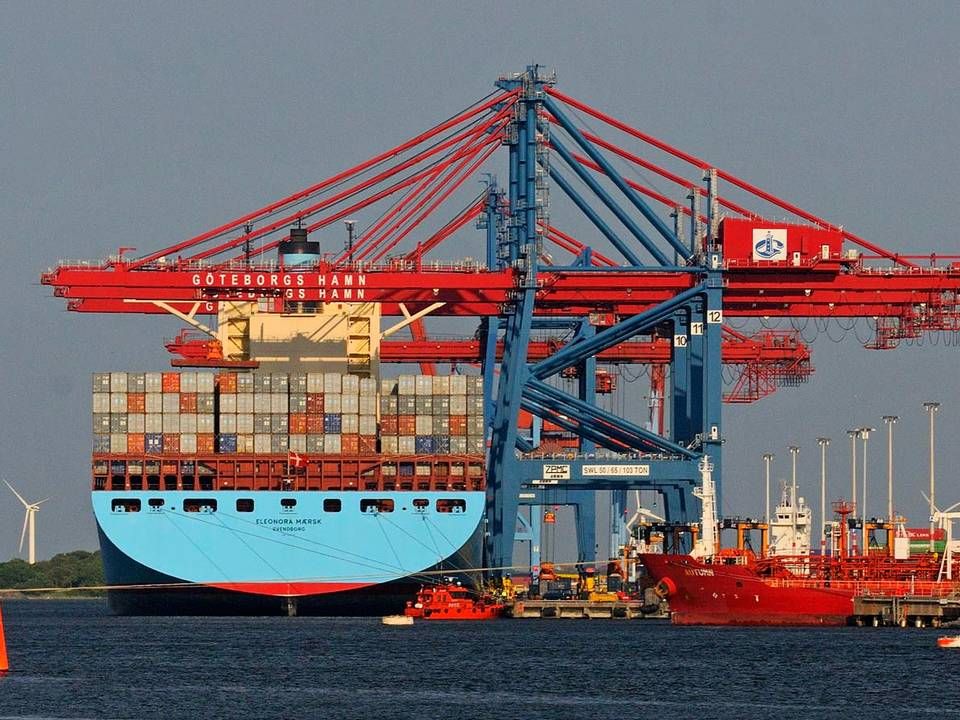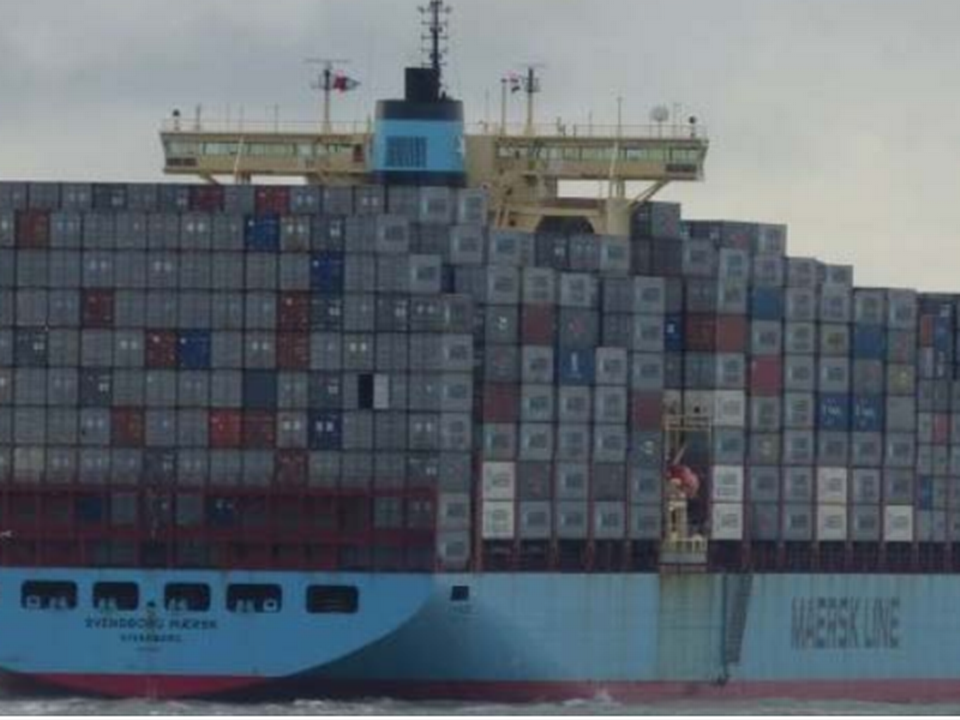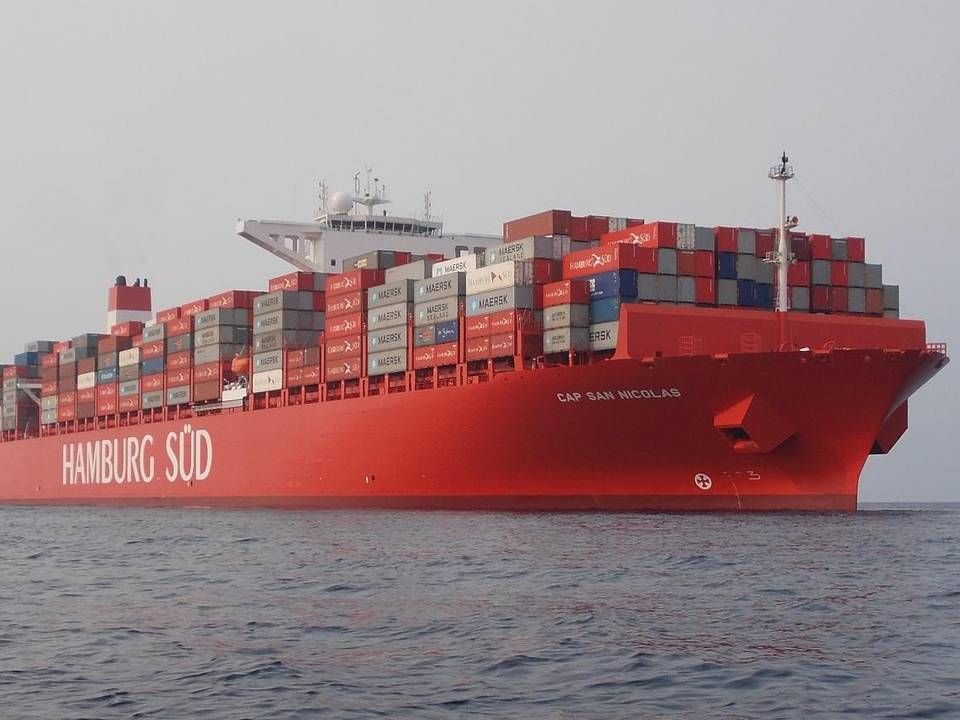European shippers in strong critique of alliances

Before the container alliances set sail for real with 2M - Maersk Line and MSC - launching in January, the European Shippers' Council (ESC) now levels a strong critique against the alliances that have been formed or expanded throughout this year.
In a letter to the US Federal Maritime Commission, the ESC points to several problematic aspects, from shippers' perspective, in the CKYHE alliance agreement between carriers Cosco, K-Line, Yangming, Hanjin and the newest member, Evergreen - the only alliance that still needs to have its expanded operations approved by the FMC.
According to the ESC, the agreement allows the carriers to negotiate with ports, port services and third parties in general, which "will give the CKYHE alliance a dominant position over these third parties due to the huge size and bargaining power of the ship owners," according to the letter, in which the ESC stresses that the combined alliance will operate 20 percent of the global container fleet.
Maersk Line set to order the big ships
The shippers also voice concerns that the agreement, as it stands, opens for the possibility of sharing sensitive information, including commercial information that transcends the clearly delineated limits of what is allowed in alliances:
"(...) therefore it should be clearly stated that any exchange of sensitive commercial information is forbidden," says ECS Chairman Denis Choumert in the letter.
Another section of the agreement allows the carriers to discuss and adopt "a lot of things including surcharges. These must be excluded from the agreement," he adds.
Denis Choumert also points out that the current low rate level means that container carriers depend on surcharges in order to increase revenues, and that the temptation to jointly create new surcharges will be very strong.
Shippers: New alliances will strengthen competition
The CKYHE carriers are not the only ones trying to increase efficiency and ship utilization rates by joining alliances. As mentioned above, the 2M alliance will start operating in January, while the Ocean Three collaboration between CMA CGM, China Shipping Container Lines and United Arab Shipping Company were approved by the FMC back in October.
This means that four major alliances will dominate the global container industry going forward, and this development poses a risk, says the ESC:
"Not only the shipping lines are now obliged to live with alliances, but also shippers, ports and competition authorities have to address the consequences of creation of huge global players. In this respect, no one can look at this tremendous modification of the shipping market on a national point of view only," says the ESC, calling on the FMC to take a close look at CKYHE and to take matters further than in the previous approvals of 2M and Ocean Three:
"(...) by imposing to CKYHE the implementation of some kind of control on the possible effects of any anti-competitive behavior on the domestic US markets. This step could pave the way of similar steps taken by the other major regulation authorities."
SeaIntel: 2M beats rivals from key Chinese port
SeaIntel: Two new alliances beat the rest of the industry
Related articles
SeaIntel: 2M beats rivals from key Chinese port
For subscribers
SeaIntel: Two new alliances beat the rest of the industry
For subscribers
Drewry: Global alliances a long way off
For subscribers





















